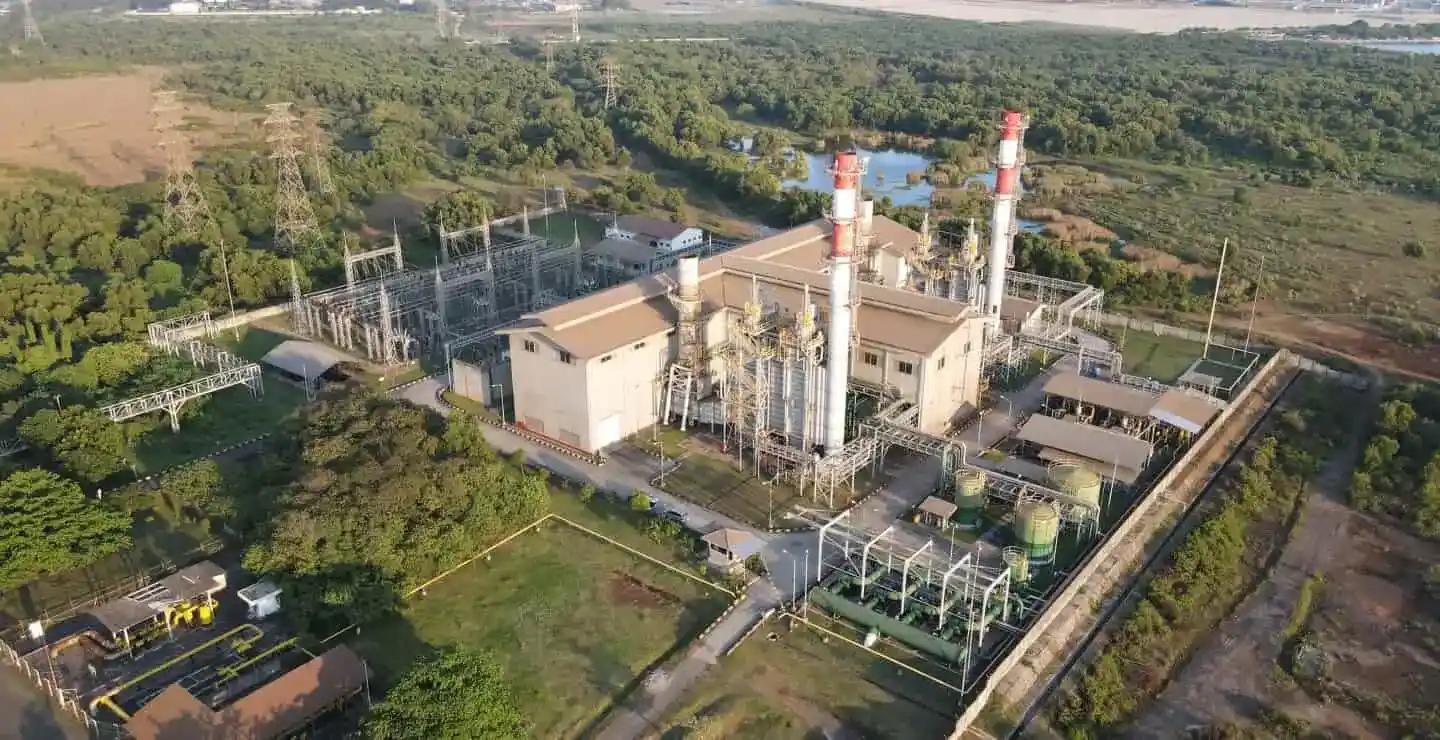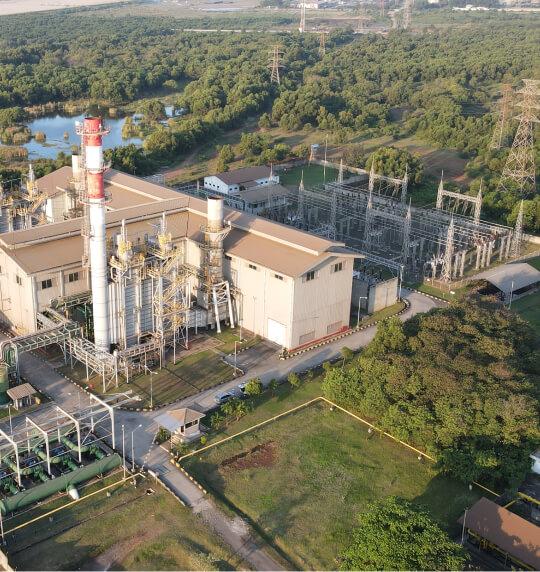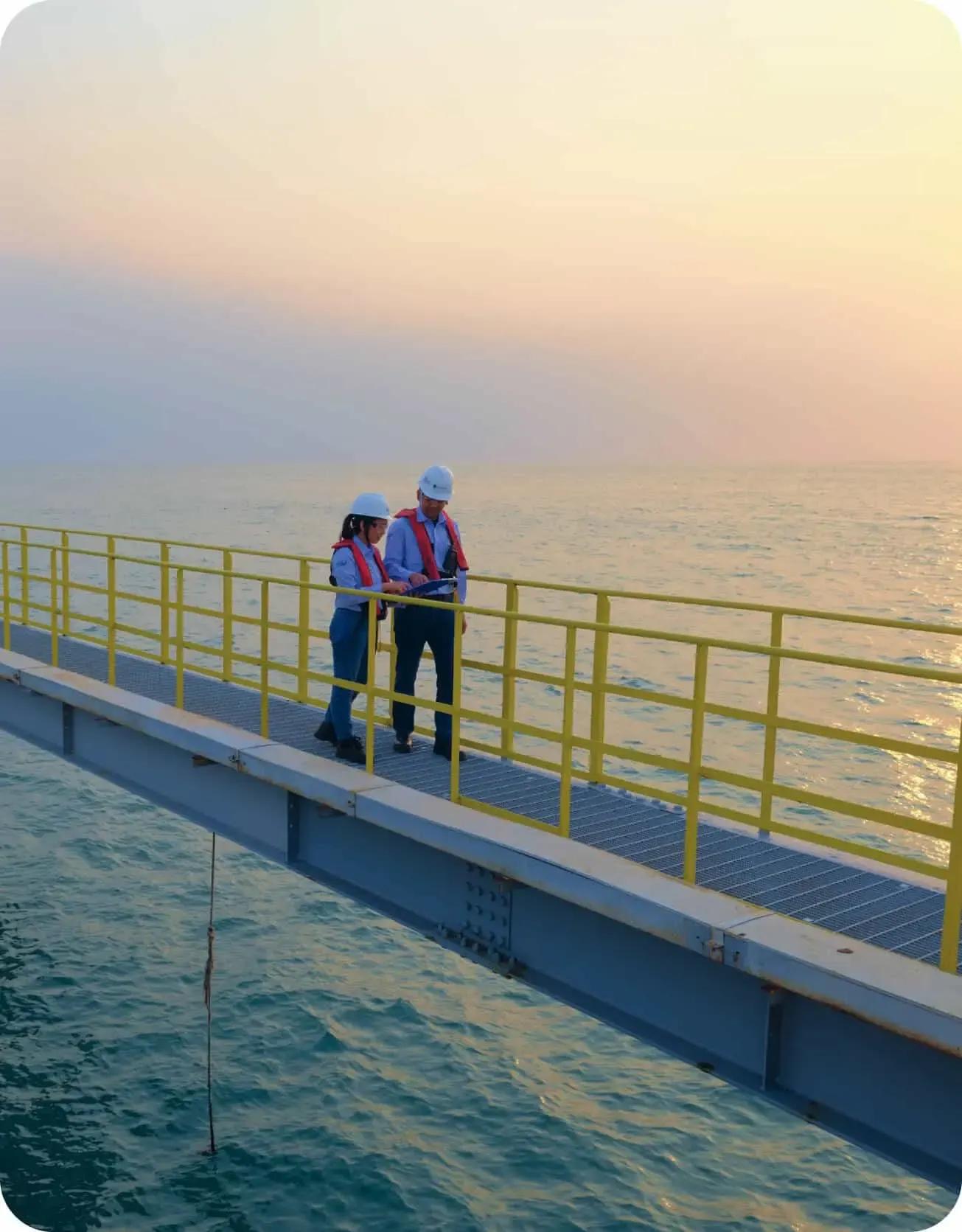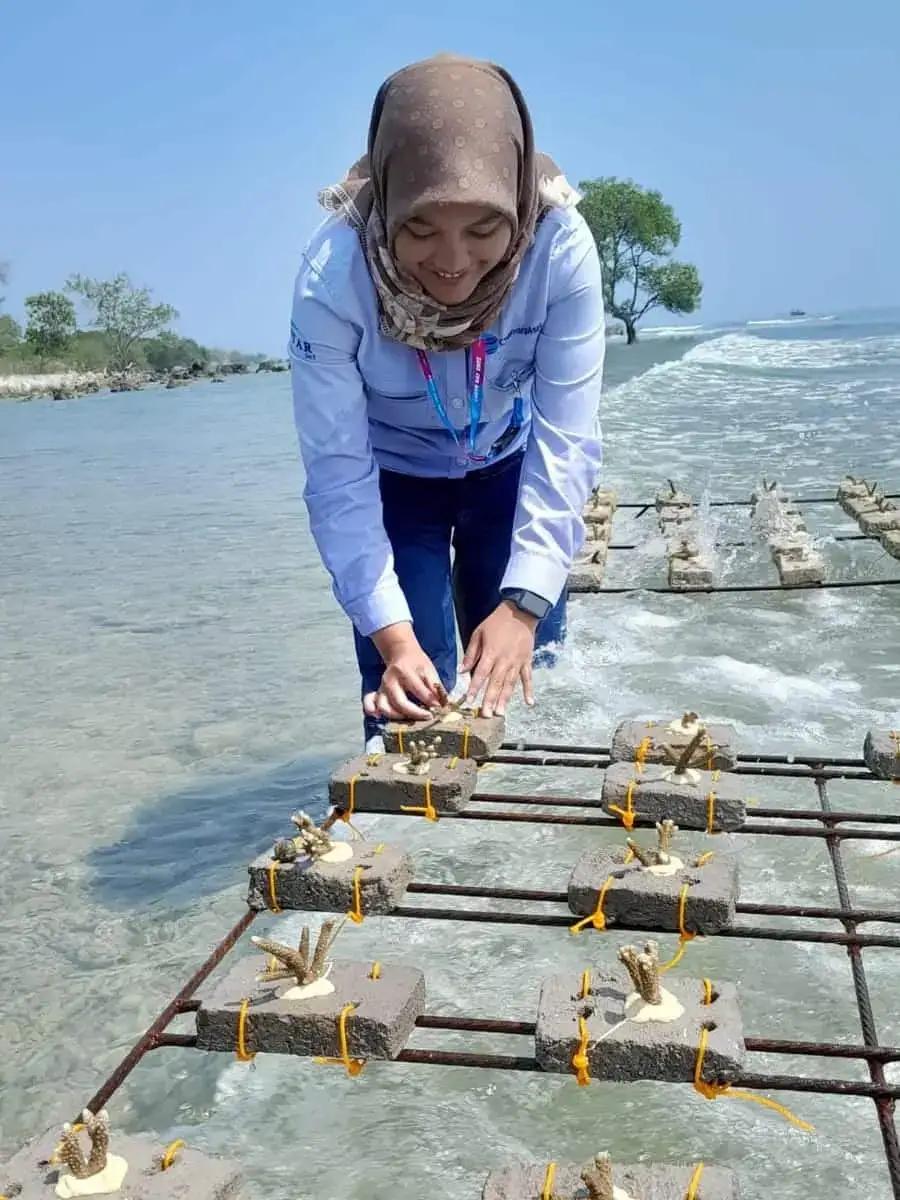

Chandra Asri Group firmly believes that business can have a significant influence on the environment. We have a demonstrated commitment to sustainability ingrained in our operations. By integrating environmental considerations into our business practices, we actively work towards fostering a greener tomorrow.
Chandra Asri Group is deeply committed to environmental responsibility across its operations. By implementing strategies to reduce carbon footprint and greenhouse gas emissions through renewable energy adoption and energy-efficient technologies, the Company is dedicated to a sustainable future.
Prioritizing water conservation, responsible effluent management, and emission and waste reduction initiatives, Chandra Asri Group aims to protect water resources, ecosystems, and biodiversity. Embracing the principles of the circular economy, the group focuses on waste minimization, recycling, and resource optimization to drive positive environmental stewardship and sustainable practices within and beyond the industry.

Chandra Asri Group is committed to minimizing harmful emissions and preventing air pollution by managing and monitoring emissions within the SHEQEn Policy framework to stay within permissible thresholds.

Chandra Asri Group efficiently manages water resources and reduces wastewater. Our policy identifies water-intensive processes and calculates wastewater loads, ensuring treated water meets standards before discharge back into the environment.

Chandra Asri Group minimizes waste through the 4R approach: reduce, reuse, recycle, and recovery.

Chandra Asri Group values biodiversity, mapping indices around its operations and focusing on climate change mitigation, water conservation, and social aspects. As part of our biodiversity conservation initiatives, we collaborate with educational institutions, conservation groups, government, communities, and employees.


Comprehensive guide to assessing the impact of organizational activities on the environment, from energy consumption and emissions to waste generation and resource usage.

Amid rising climate concerns, society is embracing a low-carbon future, with stakeholders ranging from governments to eco-conscious consumers driving sustainability efforts. Globally, commitments from UN Climate Change Conference (COP) 26 and Indonesia's ENDC are accelerating actions to cut greenhouse gas emissions. Notably, at COP 27, accountability for climate action now includes businesses such as Chandra Asri Group, which as Indonesia’s leading chemical and infrastructure company, committed to lead in sustainability and integrate green practices into growth strategies.
For Chandra Asri Group, climate resilience strategy starts with climate risk assessment, leading to a decarbonization roadmap that support Indonesia’s Net Zero Emission Target, aligned with ENDC and LTS-LCCR 2050. We chart an additional course, preparing for rigorous regulations and stakeholder expectations while striving to adhere to science-based targets (SBT).
Process modification, equipment substitution, waste- heat recovery, digitalization, loss reduction, energy consumption management, and increasing operational efficiency.
Business expansion with lower emission, expanding renewable energy business, study on green or sustainable product development, circular plastic, a new chemical pathway, and potential business from nature-based solution
Study on low carbon fuel application such as blue/green H2, RDF and CCUS implementation in collaboration with technology and service providers.
Providing nature-based solutions such as forestry practices, blue carbon, restorative agriculture, and marine practices

Chandra Asri Group adopts a dual circularity approach, with an internal strategy dedicated to enhancing waste management within operational processes and an external strategy focusing on community-level material use management.

We are incorporating circular economy principles internally into our operational strategy to reduce waste and promote material reuse. By using the 4R approach—reduce, reuse, recycle, and recover—we aim to minimize waste generation and encourage a circular flow of resources. Our goal is to enhance waste management practices and move towards a more sustainable operational model.

The second aspect of Chandra Asri Group’s circularity strategy focuses on managing material use at the community level. This includes efforts to promote plastic waste management in the community through educational outreach initiatives aimed at raising awareness about the importance of plastic recycling and the advantages of a circular economy.

Since its inception in 2018, the program has exceeded target of 100 kg of roads using plastic waste materials in 2023, demonstrating Chandra Asri Group’s commitment to sustainability and environmental responsibility. Furthermore, 2024 onwards focusing on stakeholder collaboration for plastic asphalt road implementation. Each kilometre of the plastic asphalt road incorporates approximately 1.6 tons of plastic waste, equivalent to recycling approximately 1.2 million plastic bags, showcasing tangible environmental impact and community engagement.